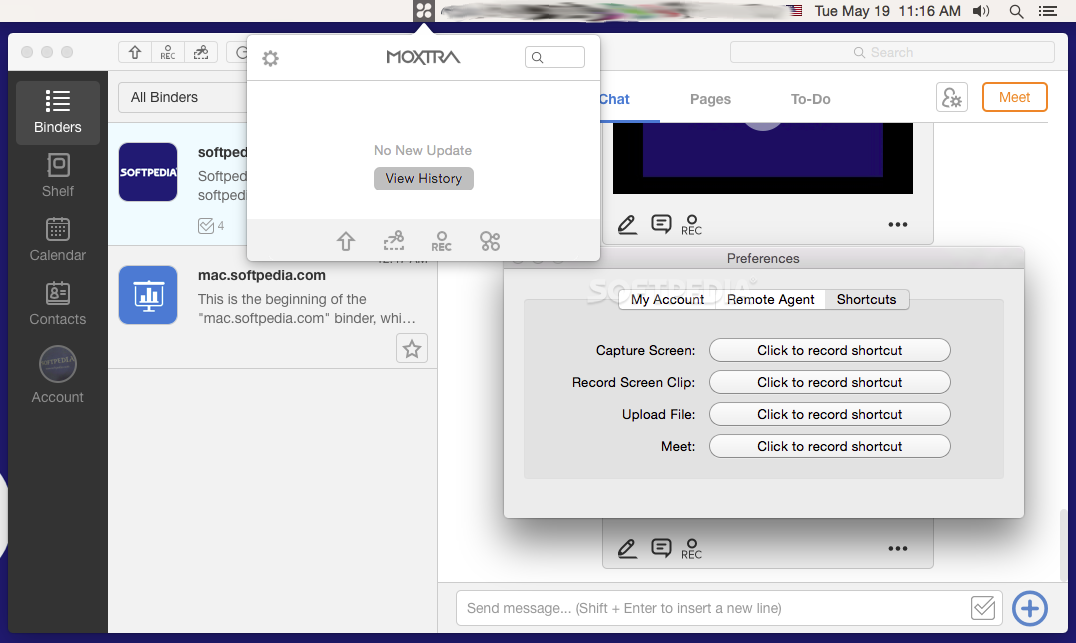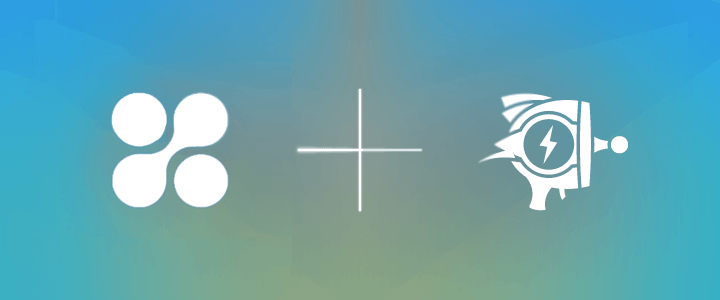
Key elements of learner autonomy will be introduced as well as empirical research that assessed the effectiveness of teaching students to become more capable independent online and mobile learners. Such topics as learning to learn autonomously, degrees of learner autonomy, types of learners and learning styles, defining teacher-student roles related to autonomy and cultural expectations in the classroom will be discussed. In this presentation, learner autonomy is presented as a teachable concept in the classroom that will help students learn better on their own away from teacher guidance and a skill they can use for lifelong learning. Consequently, it has become imperative that students have the knowledge and skills to learn independently. This has limited student success in the remote learning that has been forced upon them in the past year. Furthermore, learner autonomy is a concept many students are uncomfortable with as they are dependent on face-to-face learning with the guidance and supervision of an instructor.

Many students lack the training, experience and knowledge to learn autonomously and know surprisingly little about the language-learning resources available to autonomous language learners.

Teaching students the skills to become confident independent learners has emerged as a requisite ability to assure success in online and mobile learning. We discuss the implications of this new approach to online teaching and assessment and illustrate how this combined approach might be implemented in the measurement of on line classes SLOs. Taking into account insights from research on online teaching and assessment, we propose an alternative SLO measurement model that unites self-reported measures such as surveys with test-based measures (grades) to ensures more accuracy and efficiency in the measurement of student learning outcomes of online classes. A review of SLO measurement methods has become a necessity in order to ensure accuracy and efficiency. The traditional approach to the measurement of learning outcomes has mainly been based on the test-based measures including grades to assess the achievement of generic skills or disciplinary skills and competencies. Research in this field has been so far oriented towards the online teaching methods and assessment but little has been done so far on the review of the SLO measurement methods. Student Learning Outcomes (SLO) are no longer assessed through the measurement of achievement in regular (on campus) exams. The Covid-19 pandemic has significantly impacted teaching, learning and testing.
#MOXTRA OBSERVABILITY SOFTWARE#
Usually this is a demonstration of a specific software solution for using technology and language learning. The content is not vetted, however, the sponsor has a particular interest in CALL related topics. This is a presentation sponsored by a commercial company. There is less expectation regarding evaluation or research issues associated with the environment than in a paper presentation. Length: 25 minutes presentation + 5 minutes questionsĭescriptions of a given language learning environment, piece of software, courseware or a practical application still in the developmental stage. Include empirical studies in a given CALL environment, theoretical discussion of an issue relevant to the field of CALL, evaluative studies of courseware in use, discussion of policies or strategies at an institutional, regional, or national level or assessment of the potential of technological advances in the delivery of language learning materials. There are three types of Regular Presentation:


 0 kommentar(er)
0 kommentar(er)
